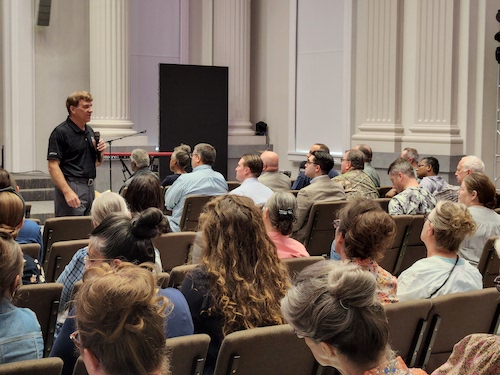Hope is not a Strategy
Relying solely on hope as a strategy for ensuring the safety and security of congregants is not only inadequate but also irresponsible. In today's world, where threats to safety can arise unexpectedly, church leaders have a moral obligation to take proactive measures to protect those who attend services or participate in ministry events. This means actively prioritizing the implementation of robust safety and security protocols. Members and guests of a church community should not only be safe but also feel safe. They should have the assurance that their well-being is being actively safeguarded, just as it would be in other public spaces like schools, malls, or entertainment venues. However, there's a tendency for individuals to perceive churches as inherently safe environments, possibly leading them to let their guard down. This misconception heightens the importance of churches and ministries ensuring they have the necessary measures in place to address potential threats.
This is where the appointment of qualified individuals to oversee safety and security becomes crucial. These individuals should possess the expertise and training to assess risks, develop comprehensive security plans, and implement appropriate measures to mitigate potential dangers. They should also be equipped to train staff and volunteers in emergency response protocols and ensure ongoing preparedness through regular drills and evaluations.

